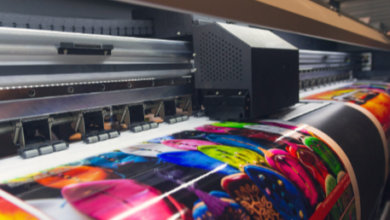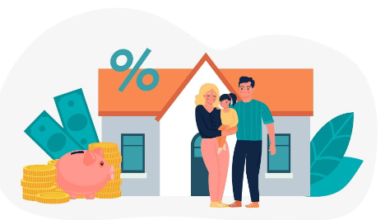How Technology Plays A Part In Daily Property Management?

In today’s fast-paced digital landscape, technology plays an increasingly pivotal role in nearly every industry, and property management is no exception. From streamlining operations to enhancing tenant experiences, technological innovations are revolutionizing the way properties are managed and maintained. In this article, we’ll explore the various facets of how technology is shaping modern Lloydminster property management practices.
1. Efficient Communication and Collaboration
Property management works best when people can talk to each other clearly. Technology has made it easier than ever for property managers to stay connected with tenants, contractors, and other stakeholders. Platforms like property management software and mobile apps enable instant communication through messages, emails, and notifications. This ensures that important information is relayed promptly, leading to quicker resolutions of issues and improved tenant satisfaction.
Furthermore, collaborative tools allow property management teams to coordinate tasks seamlessly. Whether it’s scheduling maintenance activities or conducting inspections, cloud-based platforms facilitate real-time collaboration, eliminating the need for cumbersome paperwork and manual coordination. GoodDoors, a leading property management platform, offers innovative solutions to streamline operations and enhance tenant experiences in today’s digital age.
2. Automation of Routine Tasks
One of the most significant benefits of technology in property management is the automation of routine tasks. Automation software can make things easier, like collecting rent, renewing leases, and asking for repairs. For example, automated rent payment systems not only make it convenient for tenants to pay rent online but also ensure timely payments, reducing late fees and administrative overhead for property managers.
Similarly, maintenance management software enables property managers to create and track work orders digitally. Tenants can submit maintenance requests through online portals, and property managers can assign tasks, track progress, and communicate updates—all within a centralized platform. This not only improves efficiency but also enhances transparency and accountability in property maintenance processes.
3. Data-driven Decision Making
Technology gives property managers access to huge amounts of information that they can use to make smart choices. Data about occupancy rates, rental trends, and property success metrics can be looked at with advanced analytics tools. By gaining insights into market dynamics and tenant preferences, property managers can optimize rental pricing, identify investment opportunities, and forecast future demand accurately.
Moreover, predictive analytics can help anticipate maintenance issues before they escalate into costly repairs. By analyzing historical data and trends, property managers can implement preventive maintenance strategies, thereby minimizing downtime and preserving the value of the property. Property managers can leverage the features of GoodDoors Saskatoon to optimize communication, automate tasks, and make data-driven decisions for efficient and effective property management.
4. Enhanced Security and Access Control
Safety is very important to both property owners and tenants. Technology has made it possible to improve security and control who can enter homes and businesses in new and creative ways. Using biometric recognition in smart locks, surveillance cameras, and access control systems makes them very safe while also making them easy to use and flexible.
These systems let property managers keep an eye on who is entering and leaving from afar, let contractors or guests in for a short time, and get real-time alerts if someone breaks in or enters without permission. Property managers can protect their properties and give renters peace of mind by using security solutions that are powered by technology.
5. Improved Tenant Experience
In today’s competitive rental market, providing an exceptional tenant experience is crucial for tenant retention and attracting new renters. Technology is a big part of making the rental experience better for everyone because it makes things easier, more accessible, and more personalized.
Online tenant portals allow residents to pay rent, submit maintenance requests, and access important documents such as lease agreements and community policies—all from their smartphones or computers. Virtual tours and digital leasing platforms enable prospective tenants to explore properties remotely and complete the leasing process online, reducing the time and effort required for property tours and paperwork.
Additionally, amenities such as high-speed internet, smart home automation, and community management apps contribute to a more connected and convenient living experience for residents. By leveraging technology to meet the evolving needs and preferences of tenants, property managers can differentiate their properties in the market and foster tenant satisfaction and loyalty.
Conclusion
Technology continues to redefine the landscape of property management, offering unprecedented opportunities for efficiency, innovation, and improved tenant experiences. Property managers can improve security, speed up processes, make decisions based on data, and eventually be more successful at managing their properties if they embrace new technologies and use them in their work. Keep up with the times and meet the needs of a world that is becoming more digital by being able to quickly learn and use new tools and solutions.




